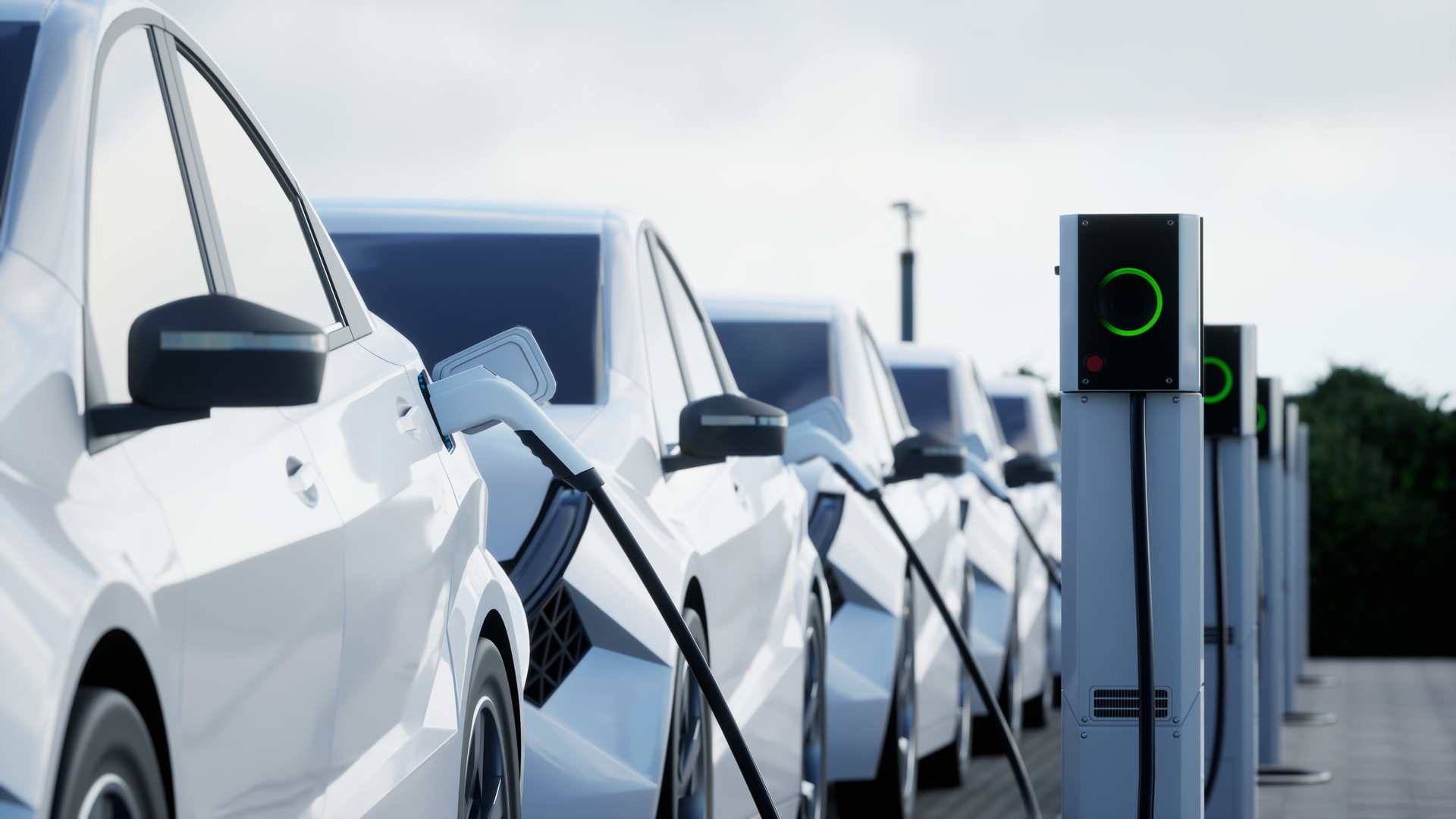World-first: EVs give power back to grid during outage in Australia

- by Admin
- July 10, 2024

The development of electric vehicles was primarily driven by the need to reduce dependence on fossil fuels and lower the impact of climate change. However, a major benefit of EVs was unexplored until a fleet of electric cars supplied power to a grid during a blackout in Canberra.
The power supply to tens of thousands of homes was interrupted during a major storm in Canberra. Then, the power was supplied from vehicles’ batteries to an Australian electricity grid.
“It’s the first time in the world this type of vehicle-to-grid response to an emergency has been demonstrated,” said lead author of the study, Senior Research Fellow Dr Bjorn Sturmberg from the Australian National University.
“It shows electric vehicles can provide the backup we need in an emergency like this.”
Sturmberg maintained that the team has a fleet of 51 EVs across Canberra that monitor the grid whenever they’re plugged in and can quickly inject short bursts of power to rebalance the system if the national grid rapidly loses power. “They’re essentially big batteries on wheels.”
Electric vehicles discharged power into grid
During the blackout, 16 EVs were plugged in at properties across Canberra.
The researcher claimed that immediately after the blackout, these vehicles started discharging power into the grid, as they’ve been programmed to do.
“In total, they provided 107 kilowatts of support to the national grid,” added Sturmberg.
“To put that in perspective, 105,000 vehicles responding in this way would fully cover the backup required for the whole of the ACT and NSW. For context, there were just under 100,000 EVs sold in Australia last year.”
The event, which took place in February, was first real-world test of our vehicles and chargers, according to the researcher.
Vehicles had provided power for ten minutes
The team believes there’s a lot to be done to balance increased EVs being charged with grid security. Also, EV owners charging their vehicles at the same time in evening when they come back could put additional burden on grid.
Sturmberg highlighted that in the case of the February emergency, once the vehicles had provided power for ten minutes some resumed charging by default. “There would be little cost or inconvenience in delaying charging for an hour or two in this kind of situation.”
Electric Vehicle Council energy and infrastructure head Ross De Rango said vehicle-to-grid technology was a huge opportunity for Australia which could put downward pressure on power bills and help enable coal and gas-fired power stations to be closed sooner, according to ABC.
“We don’t see a future where anyone is able to draw energy out of a consumer’s car without their consent. This level of consumer protection is actually baked in at a very basic level – because it’s the driver that decides if the car is plugged in or not,” he told ABC.
ABOUT THE EDITOR
Prabhat Ranjan Mishra Prabhat, an alumnus of the Indian Institute of Mass Communication, is a tech and defense journalist. While he enjoys writing on modern weapons and emerging tech, he has also reported on global politics and business. He has been previously associated with well-known media houses, including the International Business Times (Singapore Edition) and ANI.
The Latest News
-
November 15, 2024‘A Heavy Crown’: Australian media’s obsession with Virat Kohli remains unmatched | Cricket News – Times of India
-
November 15, 2024Red Dawn: Australian Football League’s Gold Coast Suns Launch ‘Fearless’ New Brand, Logo
-
November 15, 2024Kyrgios confirmed to return to ATP Tour at Brisbane International 2025
-
November 15, 2024Australian bounce India’s arch-enemy amid KL Rahul dilemma
-
November 15, 2024Nick Kyrgios set to make long-awaited return to tennis as comeback date revealed




